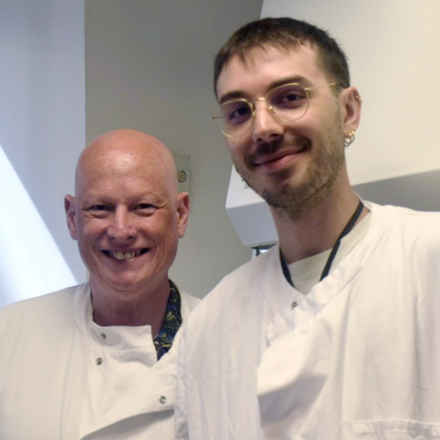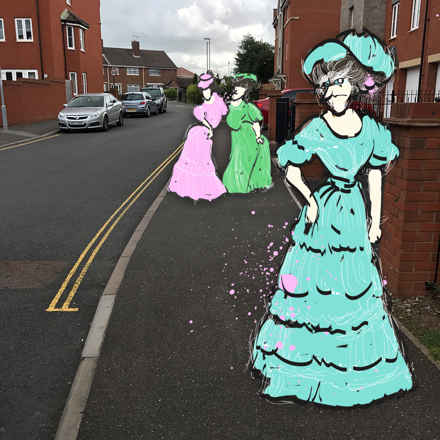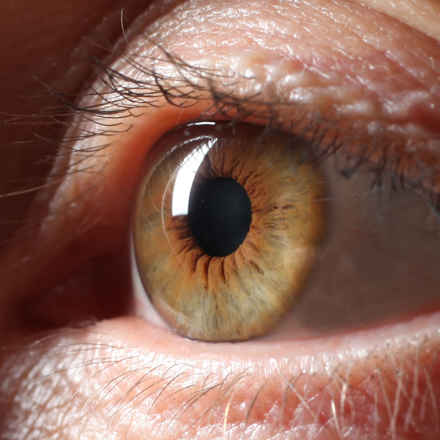
Our research projects
Since 1987 the Macular Society has invested around £10 million in over 100 research projects. Each year we invite applications for research grants, PhD studentships and seedcorn grants which are assessed by our Research Committee.
Research grants
Research grants are for projects of up to three years duration and up to £250,000, which covers everything from laboratory chemicals to salaries.
PhD studentships
A PhD studentship funds a student to undertake a three year research project. The student submits a thesis for qualification of the degree, which is the highest level of academic degree attainable.
Seedcorn projects
A seedcorn grant is funding of up to £25,000 to generate preliminary data to advance innovative and novel ideas.

Folding correction for Stargardt disease
Stargardt disease is often caused by mutations in a gene called ABCA4. Mutations cause the ABCA4 protein produced to fold incorrectly and be removed from the cell. This project looks at correcting the folding of the ABCA4 protein, to maintain the function and health of the macula.
Find out more

Testing therapies to reduce severity of visual hallucinations
Research trial comparing therapies to reduce impact and severity of visual hallucinations caused by Charles Bonnet Syndrome.
Find out more

Understanding RPGR gene function in cone photoreceptors
This project aims to understand the function of the RPGR gene in photoreceptors, to understand why mutations lead to disease, and hopefully identify possible future treatment targets.
Find out more

Improving the integration of stem cell transplants in the retina
Stem cell therapy is a promising area of research for a treatment for macular disease.
Find out more

Real-life costs and benefits of wearable low vision aids
A trial comparing different low vision aids such as magnifiers, smart devices and wearable technology to compare their cost and impact on quality of life
Find out more

Investigating the genetics of cone dystrophy
Exploring gene therapy for cone dystrophy, aiming to slow or halt vision loss from RPGR (Retinitis pigmentosa GTPase regulator) mutations.
Find out more
